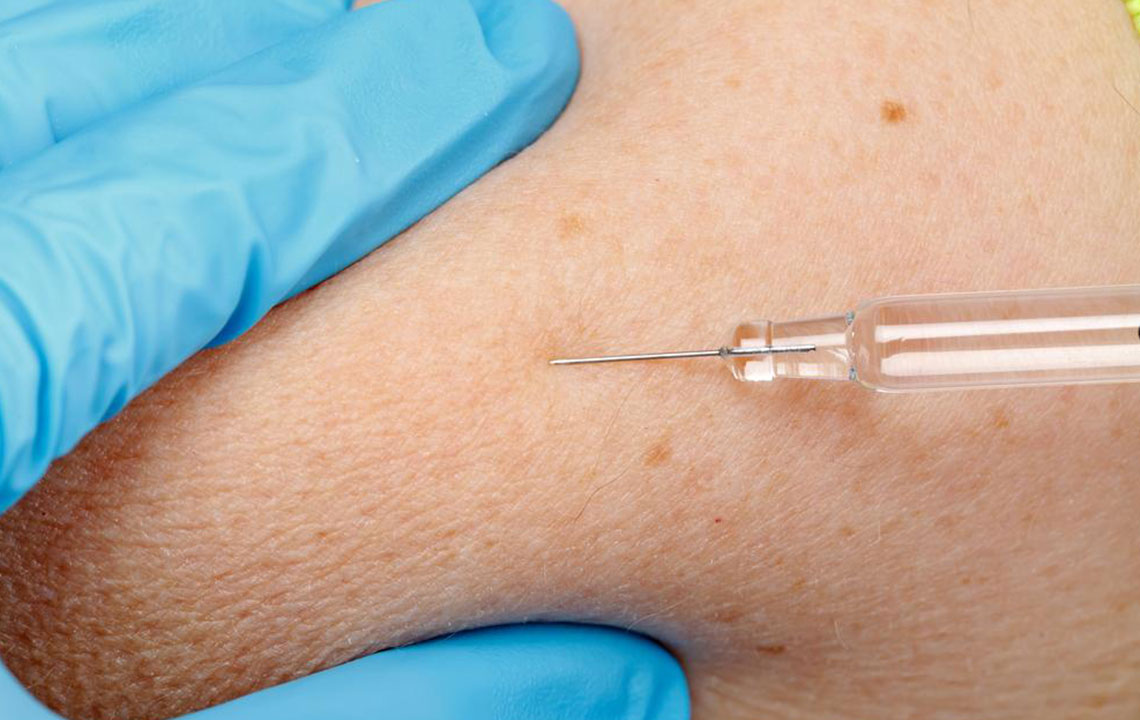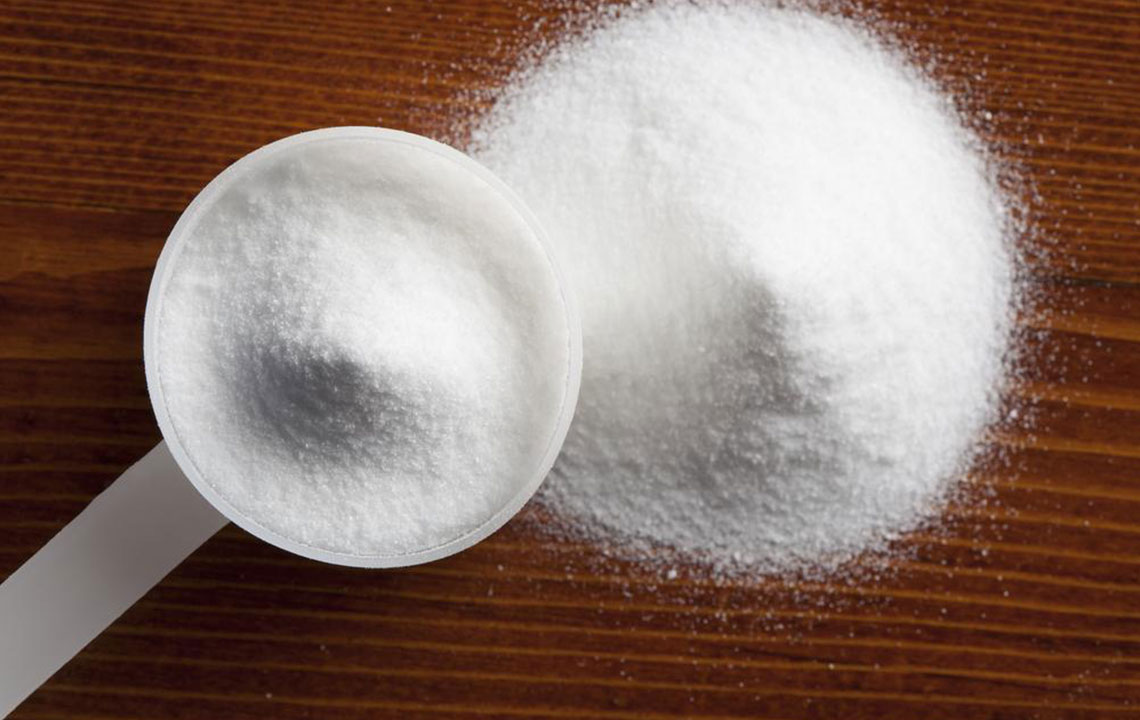Understanding the Causes of Low Testosterone Levels
Discover the various causes behind low testosterone levels, including primary testicular issues and secondary brain-related factors. This comprehensive guide explains how age, genetics, injuries, illnesses, and lifestyle can impact hormonal health, emphasizing the importance of medical consultation for effective management of low T symptoms. Stay informed about available treatments and the significance of early diagnosis to maintain optimal male health.
Sponsored

Testosterone is a vital hormone in males, produced mainly in the testicles, and plays a crucial role in developing male physical characteristics. It contributes to muscle strength, bone density, facial and body hair, and a deep voice. This hormone also influences sexual desire, mood, erections, and sperm production.
What does low testosterone signify?
This condition, called hypogonadism or low-T, indicates insufficient testosterone production. Normally, testosterone levels decline with age, starting around age 30, dropping approximately 1% annually. Nonetheless, various factors can accelerate this decline.
Low testosterone can be categorized as primary or secondary, each with distinct causes.
Major causes of low testosterone include:
Primary hypogonadism
Results from issues within the testicles itself, which may be inherited or develop over time. Causes include:
Undescended testicles: When testicles do not descend into the scrotum properly before birth, which can impair testosterone production.
Hemochromatosis: Excess iron in the blood may damage testicular tissue or the pituitary gland, reducing hormone levels.
Klinefelter Syndrome: A genetic disorder involving extra X chromosomes, leading to underdeveloped testicles and low testosterone.
Injury: Damage to the testes from trauma can diminish testosterone output.
Cancer treatments: Chemotherapy or radiation for cancer can temporarily or permanently lower testosterone levels.
Mumps Orchitis: Inflammation of the testicles caused by mumps virus can impair hormone production.
Secondary hypogonadism
Results from issues in the brain’s pituitary gland, which signals the testicles. Causes include:
Obesity: Excess body weight, especially a BMI over 30, can lead to hormonal imbalances and reduced testosterone.
Kallmann Syndrome: A disorder affecting hypothalamic function, disrupting hormone release.
HIV/AIDS: These illnesses can impair hypothalamic and pituitary functions, decreasing testosterone.
Pituitary Disorders: Tumors or damage affecting the pituitary gland affect hormone secretion.
Inflammatory Diseases: Conditions like tuberculosis, sarcoidosis, or histiocytosis may impact hormone production.
Illness and stress: Severe physical or emotional stress can alter hormonal signals, lowering testosterone levels.
Remember to consult a healthcare professional if you experience symptoms associated with low testosterone, for proper diagnosis and treatment.




